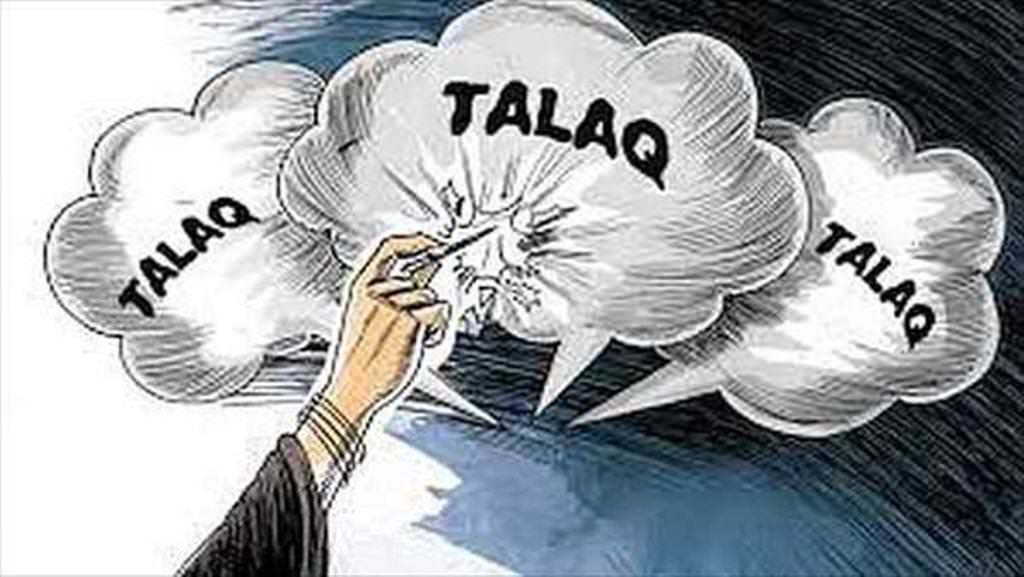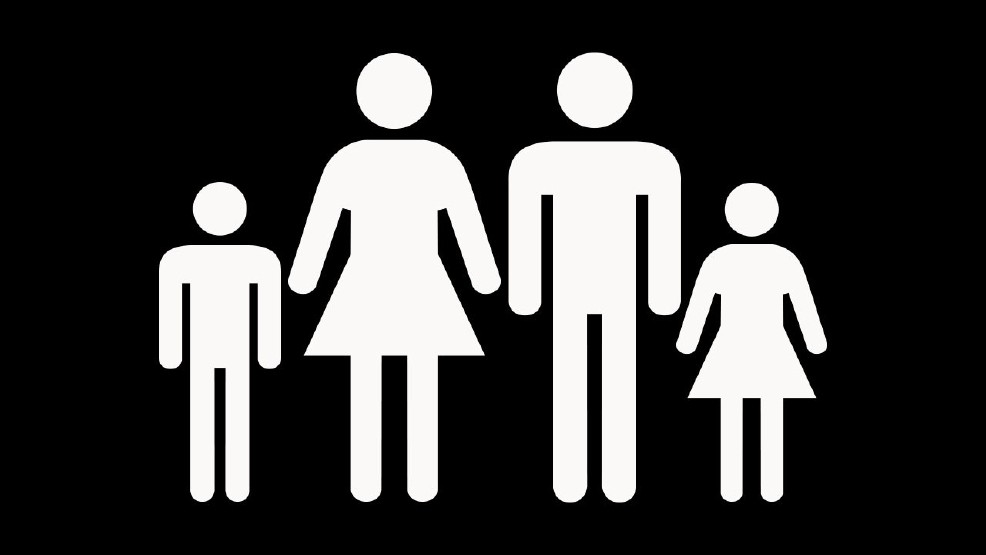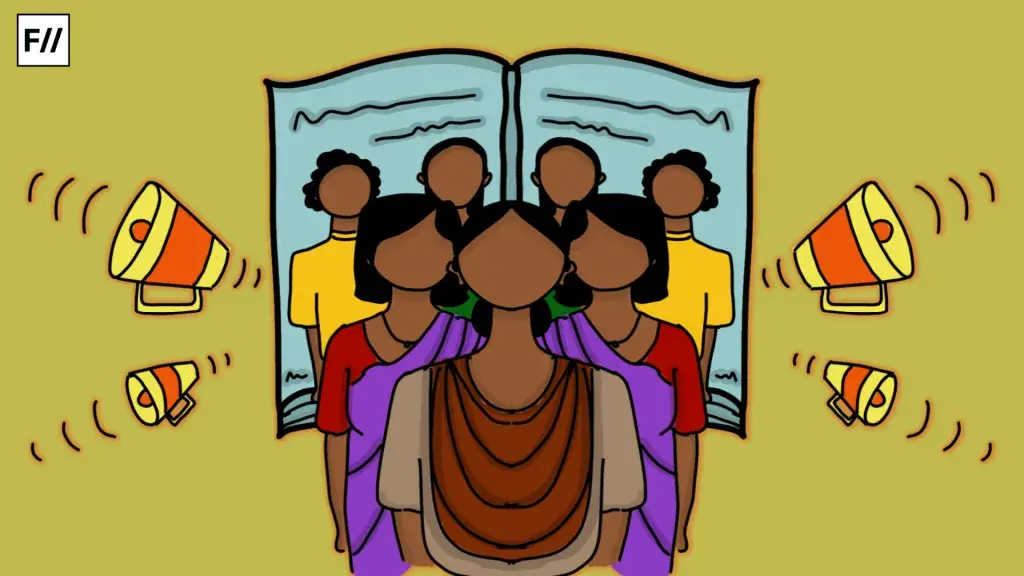In a decision dated 19th April 2017, the Allahabad High Court termed the practice of Talaq-e-Biddat or triple talaq as unconstitutional and violative of the rights of women, particularly under Articles 14 and 21 of the Constitution which entitled Muslim women to live with dignity and oppose the arbitrary exercise of power to talaq. Consequent to the said decision, the Supreme Court having initiated suo motu proceedings in In Re: Muslim Women’s Quest for Justice vs. Jamiat Ulma-I-Hind along with other related petitions like the one by Shayara Bano, listed the matter for daily hearing by a Constitutional Bench during the summer vacation.
Also Read: All India Muslim Personal Law Board (AIMPLB) And The Circus Around Triple Talaq
The triple talaq hearing began on 11th May 2017 with a 6 day schedule by a Bench of Justice J.S. Khehar, the Chief Justice of India, and Justice Kurian Joseph, Justice U.U. Lalit, Justice Rohington F. Nariman, and Justice Abdul Nazeer. Interestingly, the composition of the Bench and the choice of judges were made on account of the fact, that, in deciding the question of validity of personal law within the broader mandate of the Constitution, each of them belonged to different religions. However, a significant aspect that also became a point of discussion was the exclusion of Justice R. Banumathi, the only woman judge of the Apex Court, on the Bench determining the outcome of Muslim women’s quest for justice.
the practice of triple talaq is not fundamental to Islam.
The five judge Constitutional Bench of the Supreme Court on Thursday, after having heard the matter for six days, reserved the case for judgement. This article summarises the opposing views and reasons for the abolition/retention of the practice of triple talaq as put forward before the Supreme Court during the course of arguments.
On the very first day of hearing, Senior Adv. Amit Singh Chadha appearing for Shayara Bano, one of the petitioners, brought to the notice of the Court the fact that the practice of triple talaq was not fundamental to Islam and the same had been done away with in Islamic countries like Bangladesh and Pakistan. The statement was affirmed by Senior. Adv. Salman Khurshid assisting the Court in his personal capacity.
Mr. Khurshid, though on the first day of hearing was of the opinion that triple talaq was a non-issue as it could not be considered complete in the absence of conciliation efforts between the husband and wife, on the second day stated that triple talaq was practised nowhere except India and though valid in law, the practice was frowned upon and discouraged in Islam and thus could not be constitutionally valid.
“Can something considered abhorrent by religion be validated by law?”
–Justice Kurian Joseph
The petitioners arguments took up the first two days of hearing and concluded on Friday, 12th May 2017 with Sr. Advocates Ram Jethmalani, Anand Grover, Salman Khurshid, Indira Jaisingh and former Minister Arif Mohammad Khan have vociferously argued before the court that the practice of triple talaq be declared illegal and unconstitutional.
Mr. Jethmalani also brought in the question of Article 13 and argued that any law including personal laws would be law enforceable under Article 13 of the Constitution and would have to meet the test of Articles 14 and 21. The practice of triple talaq being discriminatory against women would fail the said test.
Despite the Court having stated that it would be limiting itself to the question of triple talaq alone and not enter into issues surrounding personal laws and their conflict with Article 13, an attempt was made by Attorney General of India Mr. Mukul Rohatgi on the third day of hearing to bring forth the debate, particularly in the context of the Bombay High Court’s decision in The State Of Bombay vs Narasu Appa Mali.
The Centre called for reconsideration of this decision wherein it was held that personal laws could not be invalidated by courts even if they are found to be opposed to fundamental rights, since personal laws were not “laws in force” as defined by Article 13 of the Constitution. The Chief Justice, however, reiterated that the issues having no place in the present controversy, the hearing would remain focused on the validity of triple talaq and it would have to be shown that the same was not fundamental to the practice of Islam.
The Attorney General also drew attention to the fact that the issue at hand was not one of minority vs. majority, but of man vs. woman. Matters of personal law, he stated, too were to adhere to the spirit of the Constitution.
Instantaneous Reaction should not result in irreversible consequences. even Islamic theocratic states have moved towards reform but we, a secular state are still debating over it.
– Mukul Rohatgi, Attorney General
The fourth day saw Sr. Adv. Kapil Sibal putting forth his arguments appearing for the All India Muslim Personal Law Board (AIMPLB). Contrary to the stand taken by the petitioners and the Attorney General, Mr. Sibal on the other hand, has argued that a 1400 year-long practice cannot be branded unconstitutional and simply done away with as the same is beyond the scope and ambit of judicial review.
He argued that personal laws enjoyed the protection of the Constitution and could not be tested on the anvil of Part III of the Constitution, the part that guarantees the fundamental rights and freedoms to all citizens. As per Mr. Sibal, the issue at hand, contrary to what was stated, was not one of equity and good conscience, but one of faith.
In a Hindu majority nation, Muslims were to be granted protection by means of preservation of their faith and culture. Mr. Sibal however conceded that the stand of the AIMPLB was not that the practice was a good one and should continue indefinitely, but that change must be brought by proper means and not forced upon a community. He also submitted that Shariat, being personal law, was outside the scope of fundamental rights.
All patriarchal societies are discriminatory, even many of the Hindu laws are discriminatory. –Kapil Sibal
The fifth day of hearing saw Senior Advocates Raju Ramachandran and V. Giri appear for the respondents. The former argued that the case was one fit for legislative action and not for the courts to decide and the latter stated that Muslim Personal Law would have an overriding effect on any custom to the contrary. The Bench also heard rejoinder arguments for the petitioners and on behalf of the Centre.
Attorney General Mukul Rohatgi argues that irrespective of Article 25, though attempts are to be made to preserve every religion, if the core of a religious practice is violative of the Constitution, the same must be done away with, as was done in the case of Sati, untouchability, etc. To this the Bench responded that these changes were brought about by legislative action and not by the Courts. The Attorney General further went on to state that the Centre would bring in to effect legislative change consequent to action by the Court.
Senior Advocate Indira Jaising in her rejoinder arguments submitted that codified or uncodified, law would have to be in consonance with the Constitution and triple talaq being law would have to be subject to the fundamental rights justiciable under Article 32.
The court had also questioned the AIMPLB as to whether women could be given the right to refuse Talaq-e-Biddat (triple talaq) at the time of the Nikahnama. On the sixth and final day of hearing, before the Court reserved the judgement on the case, the AIMPLB stated that it would issue an advisory to Qazis to inform every bride her right to specifically mention in the Nikahnama that she will not accept instant triple talaq.
No prudent Muslim would wake up one fine morning and say ‘talaq, talaq, and talaq.
–Sr. Adv. Kapil Sibal for AIMPLB questioning the suo motto action of the Court
With arguments having concluded on both sides, it is now for the Court to determine whether triple talaq would be done away with in totality on account of being unconstitutional or a legislative enactment prohibiting the same would be a more prudent measure, particularly when it has been brought to notice of the Court that the same is frowned upon in Islam itself.
Interestingly, some of the arguments presented both for and against the abolition of the practice have borrowed their reasoning from the same sources. For instance, Sr. Adv Raju Ramachandran appearing for Jamiat Ulama-I-Hind Maharashtra, said that India being a signatory to the Convention on the Elimination of all forms of Discrimination Against Women (CEDAW), had made an express reservation with regard to its policy of non-interference in the personal affairs of any community without its initiative and consent. Similarly, Sr. Advocate Indira Jaising too relied on CEDAW to argue that a practice discriminatory towards women could not continue in view of the articles of the said Convention.
Also Read: Why Is All India Muslim Personal Law Board’s Defense Of Triple Talaq Very Problematic?
This piece will be updated after the decision of the Supreme Court.
About the author(s)
Graduate from Lady Sri Ram College & Faculty of Law, University of Delhi. Currently working as a Law Researcher at the High Court Of Delhi.




